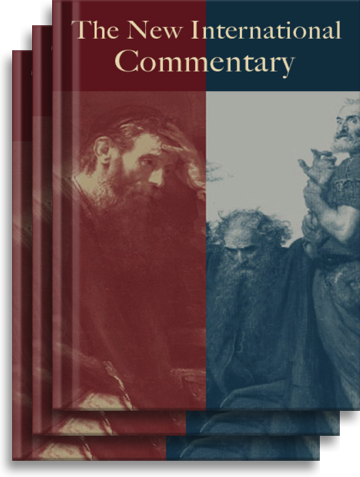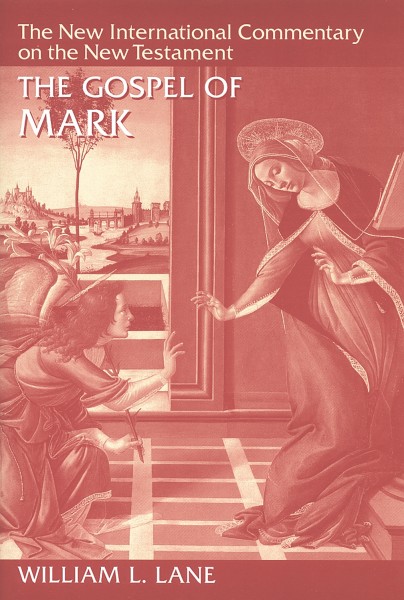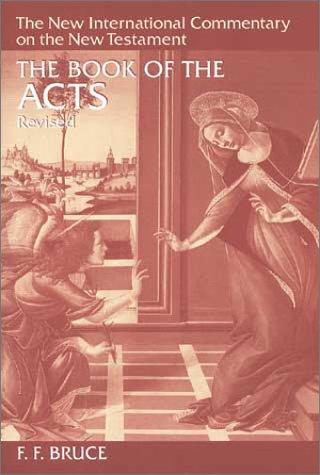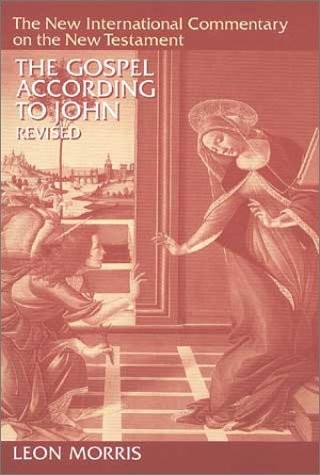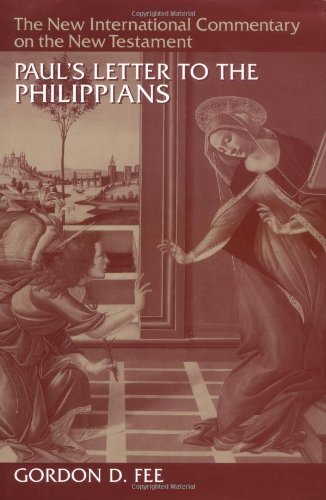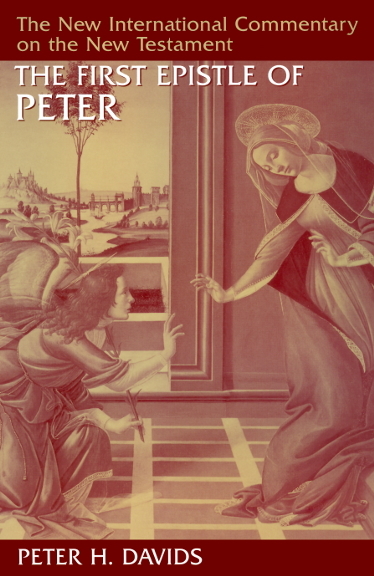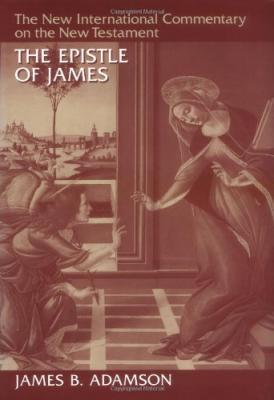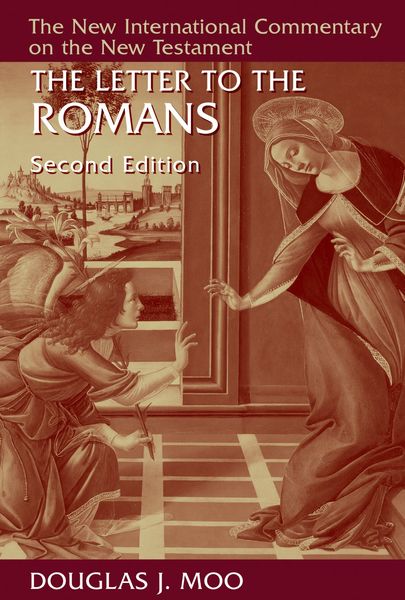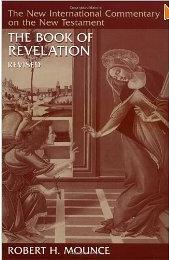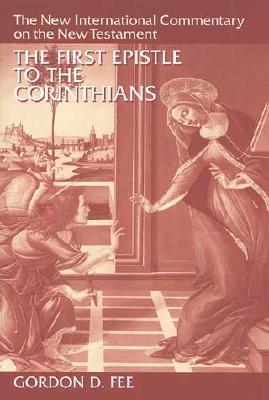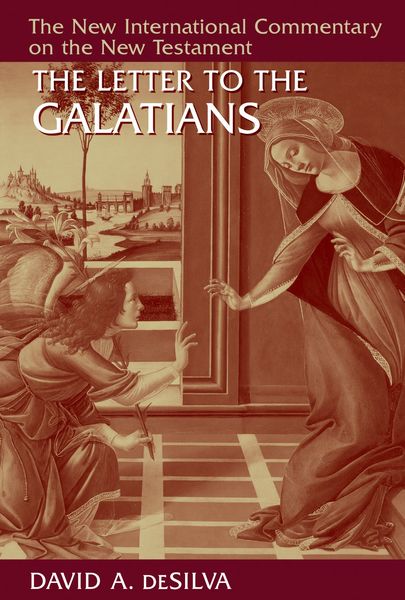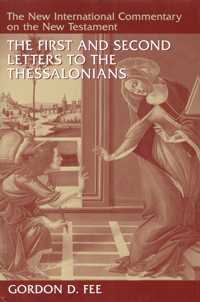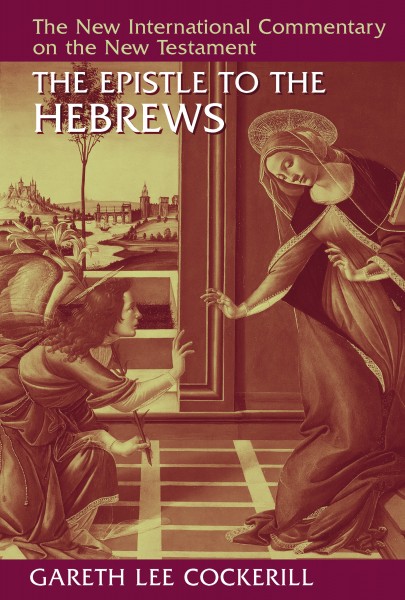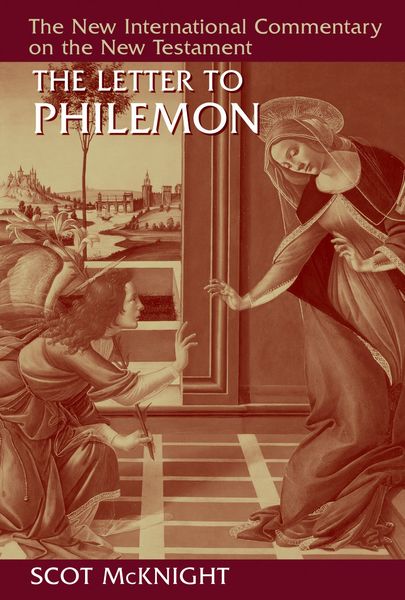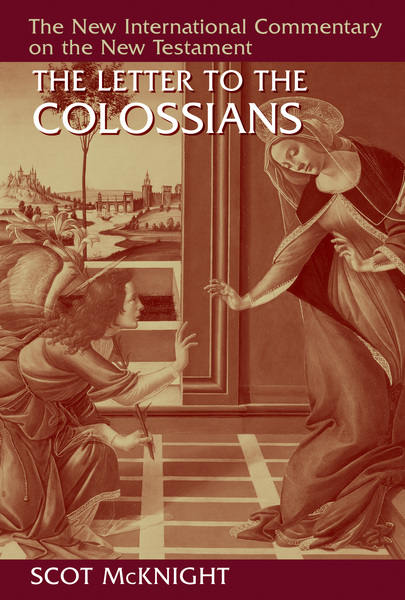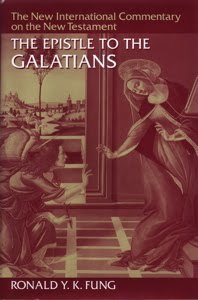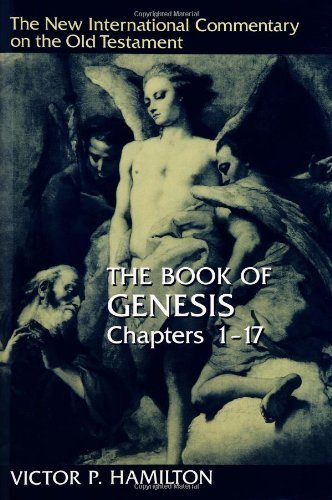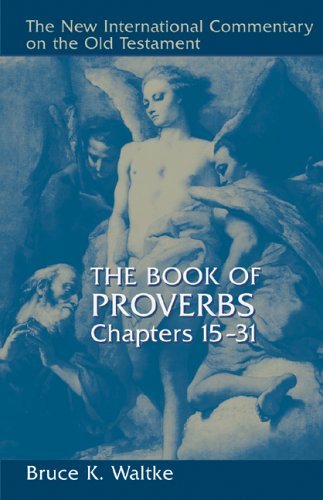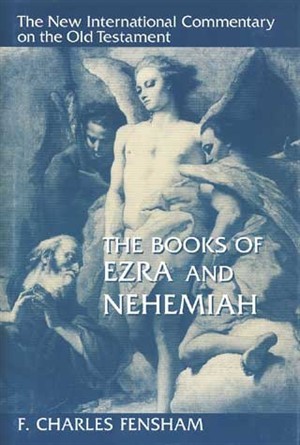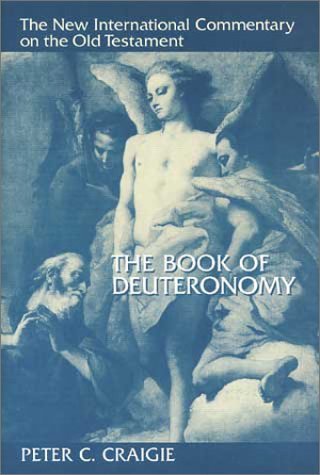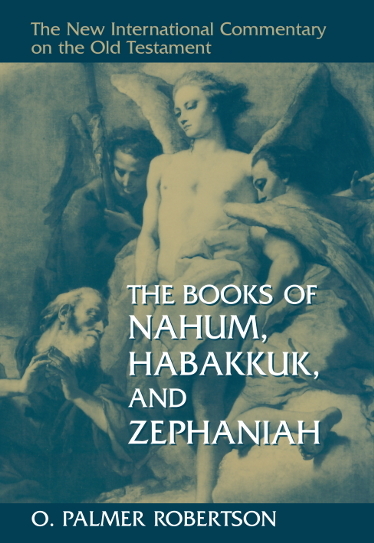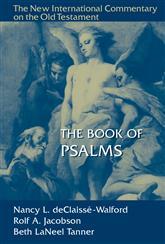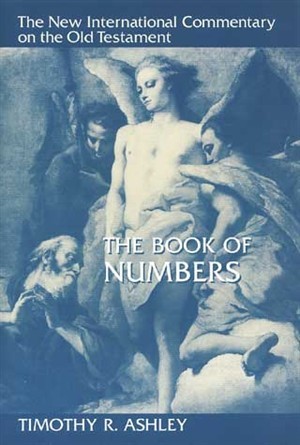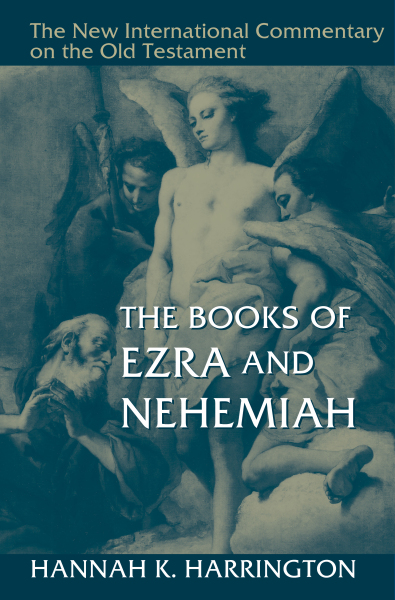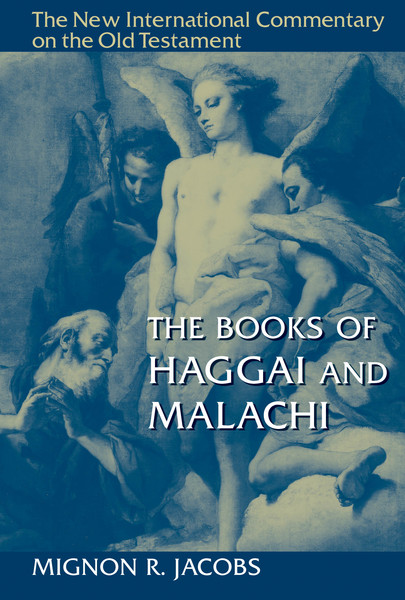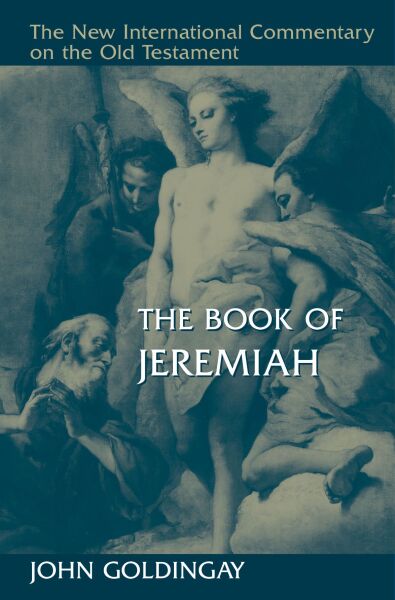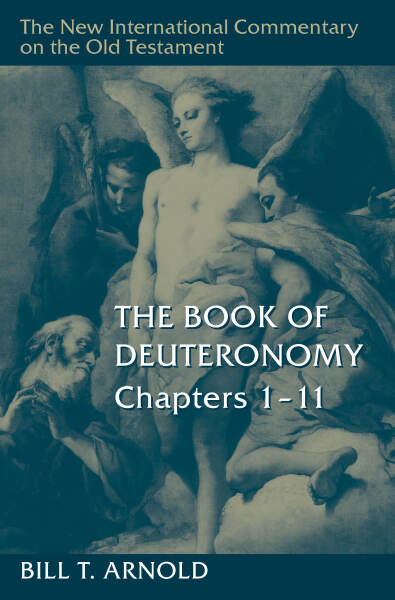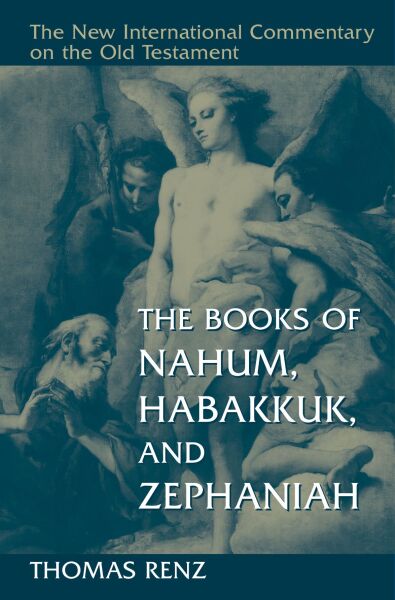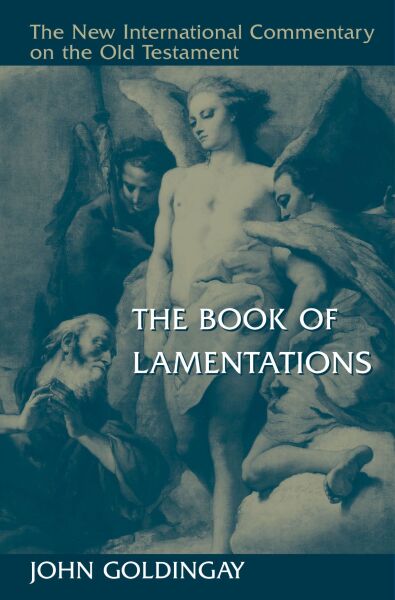



Rather than being a "commentary on commentaries," The Gospel of Matthew is concerned throughout with what Matthew himself meant to convey about Jesus and how he set about doing so within the cultural and historical context of first-century Palestine. France frequently draws attention to the distinctive nature of the province of Galilee and the social dynamics involved when a Galilean prophet presents himself in Jerusalem as the Messiah.
The English translation at the beginning of each section is France's own, designed to provide the basis for the commentary. This adept translation uses contemporary idioms and, where necessary, gives priority to clarity over literary elegance.
Amid the wide array of Matthew commentaries available today, France's world-class stature, his clear focus on Matthew and Jesus, his careful methodology, and his user-friendly style promise to make this volume an enduring standard for years to come. Comprehensive and accessible, the New International Commentary on the New Testament is one of the most highly regarded resources of current scholarship. Prepared by world-renowned authorities, it reflects exacting study of the original Greek and offers careful exegesis with preachers and teachers concerns in mind. Critical comments are footnoted; grammatical, textual, and historical details are appended.
About the New International Commentary on the New Testament
"Faithful criticism" characterizes volumes in The New International Commentary on the New Testament (NICNT), and is widely recognized by pastors, students, and scholars alike for its attention to the text of Scripture, its currency with contemporary scholarship, and its service to the global church.
The interpretive work reflected in these commentaries is based on careful study of the Greek text, but commentary readers need not be practiced in the biblical languages to benefit from them. In the same way, NICNT volumes reflect serious work in technical areas — such as linguistics, textual criticism, and historical concerns — but the commentary itself focuses on understanding the text rather than navigating scholarly debates. Readers can turn to the footnotes and excursuses for more specialized interaction with the Greek text and engagement with critical issues and literature.
